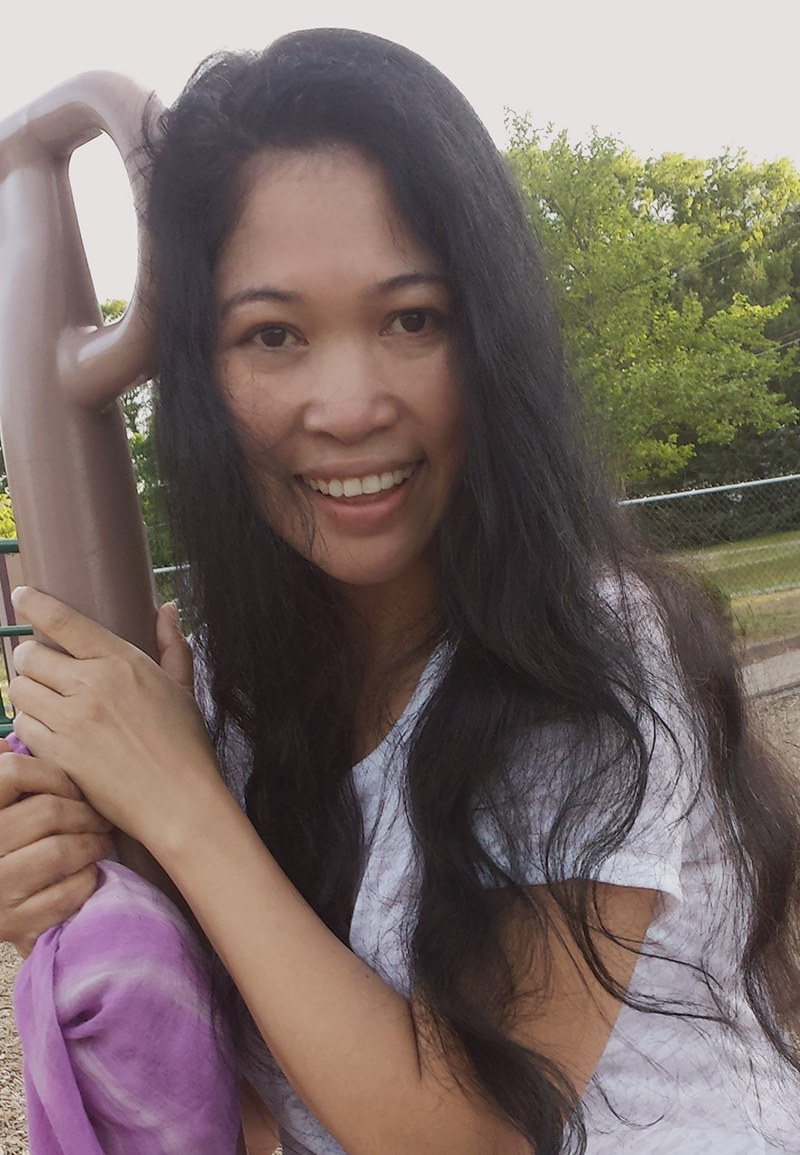Kitty is very upset
Dogs are well known for tales of lifesaving heroism, but most people think cats seem generally too self-involved for valor. In practice, this is hardly the case. In 2012, a cat that had only been rescued from the Humane Society hours before managed to save its new owner’s life when she had a diabetic seizure. The cat leaped onto her chest as she lost consciousness, nudging and biting at her face until she awoke. The cat then darted into the woman’s son’s room and pestered him until he woke up to call for help. An even more unbelievable story emerged from Argentina in 2008, when a one-year-old boy was found by police in the city of Misiones, being kept alive by a band of feral cats. The boy, who’d been separated from his homeless father, would likely have died without the intervention of the cats. They snuggled up to him at night to keep him warm and brought him scraps of food. When police approached, the baby’s guardians hissed and spat ferociously at them. Source: ListVerse


















